News
Unraveling DC/DC Converters: An In-depth Analysis of YUCOO’s Power Solutions
Click: 772 Date: 12/15/2023 2::46::04 PM
Unraveling DC/DC Converters: An In-depth Analysis of YUCOO's Power Solutions
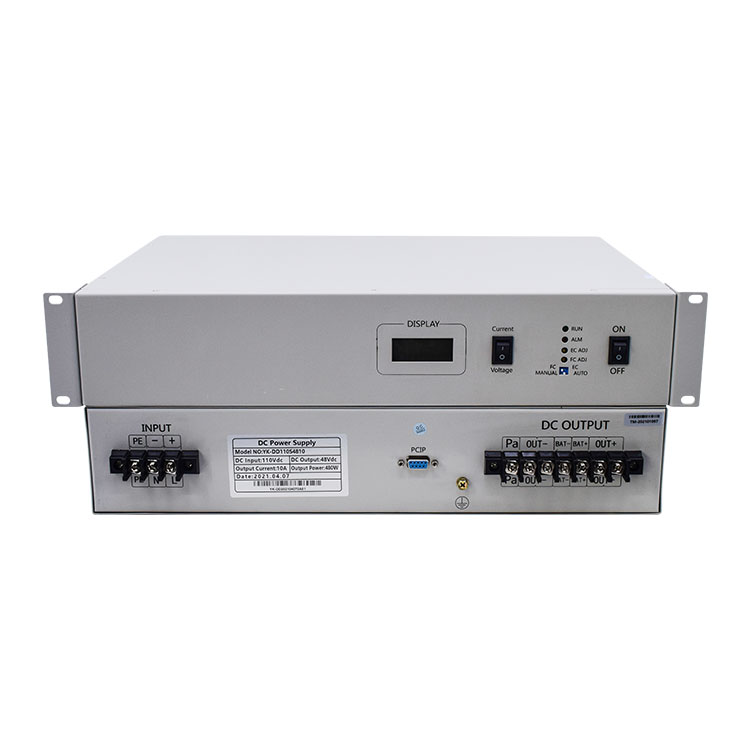
Introduction to DC/DC Converters
DC/DC converters, also known as DC to DC converters, are electronic circuits that convert one DC voltage level to another. These devices are crucial in many applications, as they provide a method to change the voltage level in a DC circuit, which is essential in many electronic devices and power supply designs.
The basic function of a DC/DC converter is to take an input DC voltage and deliver an output DC voltage, which can be higher, lower, or even the same level as the input voltage, depending on the specific type of converter and its design.
DC/DC converters play an important role in various applications and industries. For instance, in the automotive industry, they are used in electric vehicles to manage the power supply system by boosting or chopping the voltage levels. In the telecommunications industry, they are used to convert the voltage supplied by batteries or power grids to the voltage levels required by specific devices or systems.
More specifically, DC/DC converters are used in electric vehicle powertrains, where they interface different elements in the electric power train by boosting or chopping the voltage levels. They are also used in the design of power systems for fuel cell hybrid electric vehicles.
Overall, DC/DC converters are essential components in many electronic systems, providing the ability to control and modify voltage levels as needed for various applications.
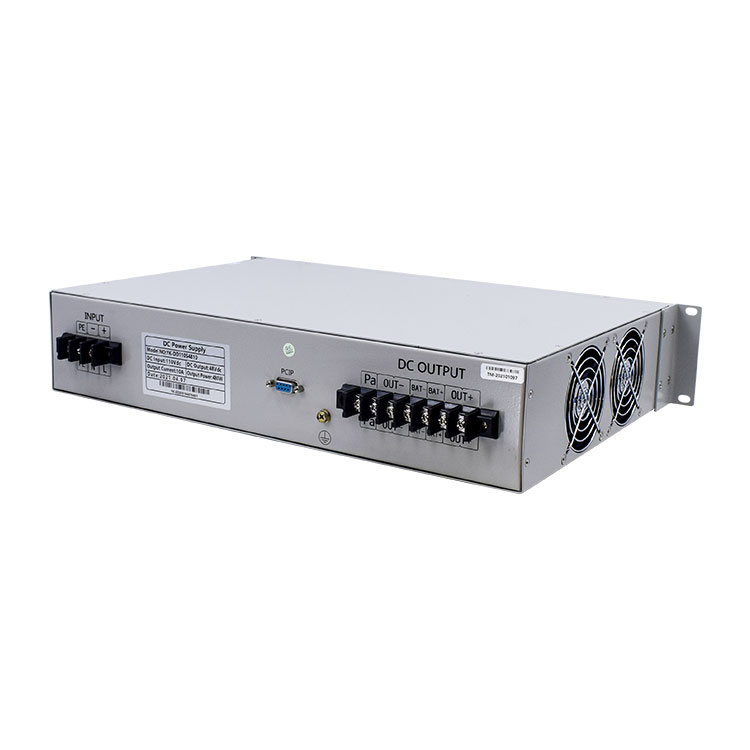
Different Types of DC/DC Converters
DC/DC converters are electronic devices that convert a source of direct current (DC) from one voltage level to another. They are important in many electronic systems where the power source has a different voltage level than the load. The most common types of DC/DC converters are Buck converters, Boost converters, and Isolated converters.
Buck DC/DC Converters: Also known as step-down converters, Buck converters reduce the input voltage to a lower output voltage. They are used in many power applications where the power source has a voltage level higher than what the load requires.
Boost DC/DC Converters: Also known as step-up converters, Boost converters increase the input voltage to a higher output voltage. They are used in situations where the power source has a voltage level lower than what the load requires.
Isolated DC/DC Converters: These converters have an electrical barrier between their input and output. This isolation can protect the load from electrical noise or voltage spikes that may occur on the input side. Isolated converters are used in sensitive applications like medical devices or communication equipment where electrical isolation is required for safety or performance reasons.
Each type of DC/DC converter has specific applications based on their characteristics.
Buck converters are commonly used in power distribution systems where the source voltage is typically higher than what the load devices require. They are also used in battery-operated devices to extend the battery life as the battery voltage decreases.
Boost converters are often used in devices like LED drivers or sensor circuits that need a higher voltage than the power source can provide. They are also used in battery-operated devices to maintain a constant output voltage even as the battery voltage decreases.
Isolated converters are used in applications that require electrical isolation between the input and the output. This can include medical devices, communication equipment, and industrial controls where electrical noise or voltage spikes on the input side could cause problems.
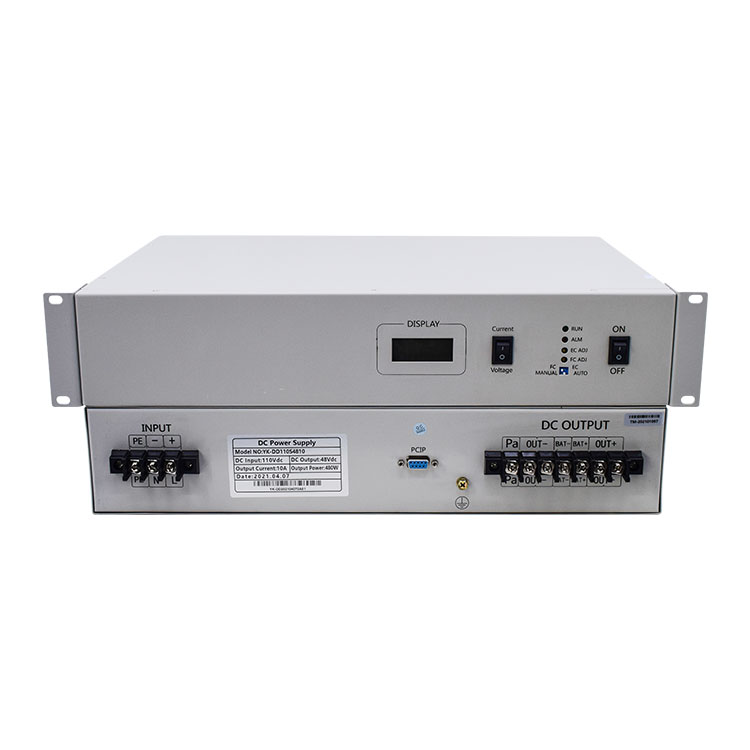
Technological Advancements in DC/DC Converters
DC/DC converters have seen significant advancements and evolution over the years, with improvements in efficiency, miniaturization, and the ability to handle higher power levels. This is largely due to the development of new semiconductor materials, the introduction of new converter topologies, and improvements in control techniques.
One of the key advancements in DC/DC converter technology is the development of high frequency converters. These converters operate at much higher frequencies than traditional converters, which allows for smaller component sizes and hence, more compact converters. This is particularly important in applications where space is at a premium, such as in mobile devices and automotive applications.
Another significant advancement is the development of wide bandgap (WBG) semiconductors such as silicon carbide (SiC) and gallium nitride (GaN). These materials have superior properties compared to traditional silicon, including higher breakdown voltage, higher thermal conductivity, and the ability to operate at higher temperatures. This has led to the development of more efficient and robust DC/DC converters.
Digital control techniques have also been developed and improved, allowing for more precise and flexible control of DC/DC converters. This has enabled the development of converters with improved performance and functionality, such as the ability to dynamically adjust the output voltage in response to changes in load or input conditions.
Efficiency and noise considerations are crucial in the design and operation of DC/DC converters. Efficiency is critical as it directly impacts the power usage and thermal management of the converter. Higher efficiency means less power is wasted as heat, which can reduce the need for cooling and improve the reliability of the converter. Noise, both electrical and audible, can interfere with other electronic devices and is generally undesirable. Advanced control techniques, careful circuit design, and the use of high-quality components can help to minimize noise.
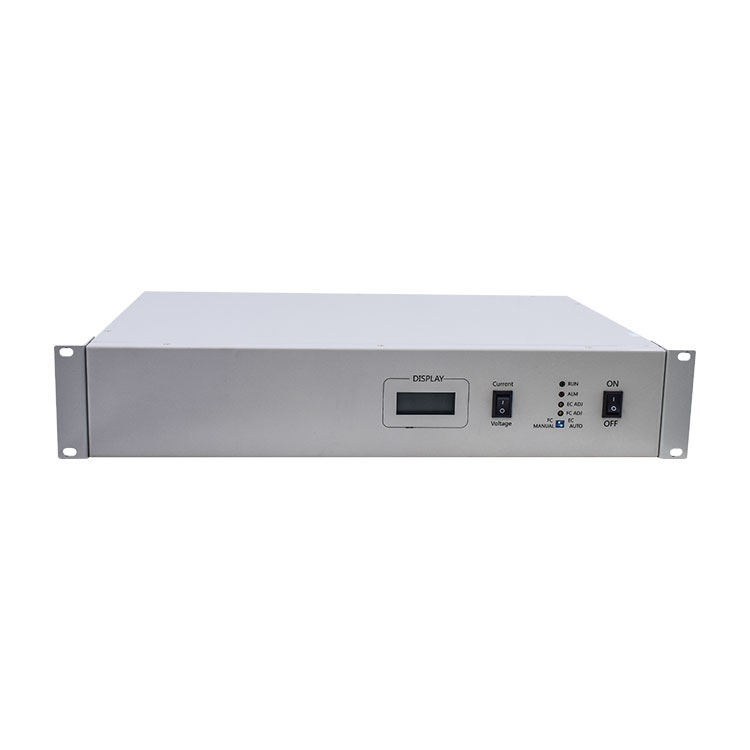
YUCOO's DC/DC Converters and Their Applications
YUCOO is a leading manufacturer in the power supply industry with over 20 years of experience, specializing in the design and production of DC/DC converters. The company provides a wide range of DC converters, including Buck, Boost, and Isolated converters, catering to various applications and industries such as consumer electronics, automotive systems, and renewable energy solutions.
YUCOO's Buck DC/DC converters are designed to step down voltage, making them particularly useful in applications like bus systems, where they ensure a stable and reliable power supply. The company's Boost DC/DC converters, on the other hand, are designed to step up voltage, which is essential in battery-operated devices where the battery voltage needs to be boosted to power certain components.
Moreover, YUCOO's isolated DC/DC converters are equipped with an electrical barrier between the input and output, providing isolation that protects sensitive components from electrical noise or voltage spikes.
In addition to these, YUCOO also offers other types of converters, such as adjustable DC power supplies, AC to DC converters, and bared board DC DC converters, among others.
In terms of applications, YUCOO's DC/DC converters are used in a variety of settings. These include network equipment, telecommunications, and industrial equipment, among others. The company's ability to customize power supplies according to specific requirements ensures cost-effectiveness for its customers.
For instance, YUCOO's transformer buck DC/DC converter, designed to step down voltage from 48V to 12V with a 30A output, is particularly useful in applications like bus systems. This demonstrates YUCOO's commitment to developing specialized power supply solutions that cater to the unique needs of specific industries.
In conclusion, YUCOO's commitment to quality, innovation, and customer satisfaction, as well as their diverse range of products, makes them a reliable and leading choice in the DC/DC converter industry.
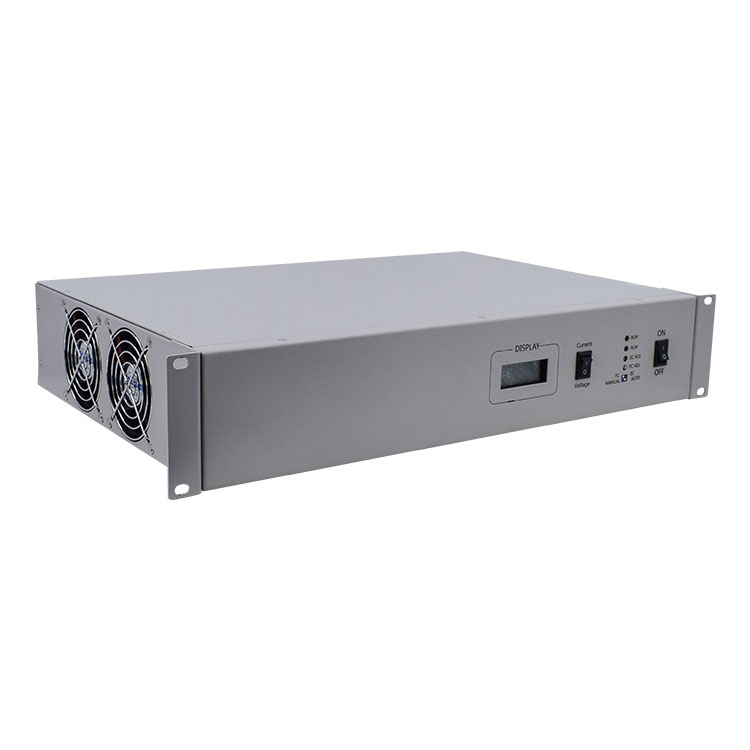
The Future of DC/DC Converters and YUCOO's Role
The future of DC/DC converters is promising, with many trends that are likely to shape the market. These include the increasing use of electronic vehicles, the expansion of data centers and telecommunication facilities, the rising focus on battery-powered special-purpose vehicles, and the growing number of DC powered applications in manufacturing, healthcare, and defense applications.
As for YUCOO's role in the future of DC/DC converters, while specific strategies and plans are not publicly available, it can be inferred from the company's track record and market trends that YUCOO will likely continue to innovate and adapt its products to meet future market demands.
Given the projected growth in the use of electronic vehicles and the associated need for DC/DC converters, YUCOO may focus on developing and improving converters specifically for this application. The company may also invest in research and development to create more efficient and compact converters, given the increasing demand for such features.
In terms of geographical markets, North America is emerging as an opportunistic DC-DC Converter Market, boosted by the growing implementation of IoT in the region. However, Asia Pacific is also likely to emerge as an attractive DC-DC Converter Market, driven by the growing telecommunication sector in the region.
YUCOO could strategize to cater to these markets by developing products that meet the specific needs of these regions, forming partnerships with local companies, or setting up local branches or distribution networks.
In summary, the future of DC/DC converters is bright, and YUCOO, with its expertise and experience in the industry, is well-positioned to take advantage of the upcoming opportunities. However, the company will need to continuously innovate and adapt to the changing market demands to stay competitive.